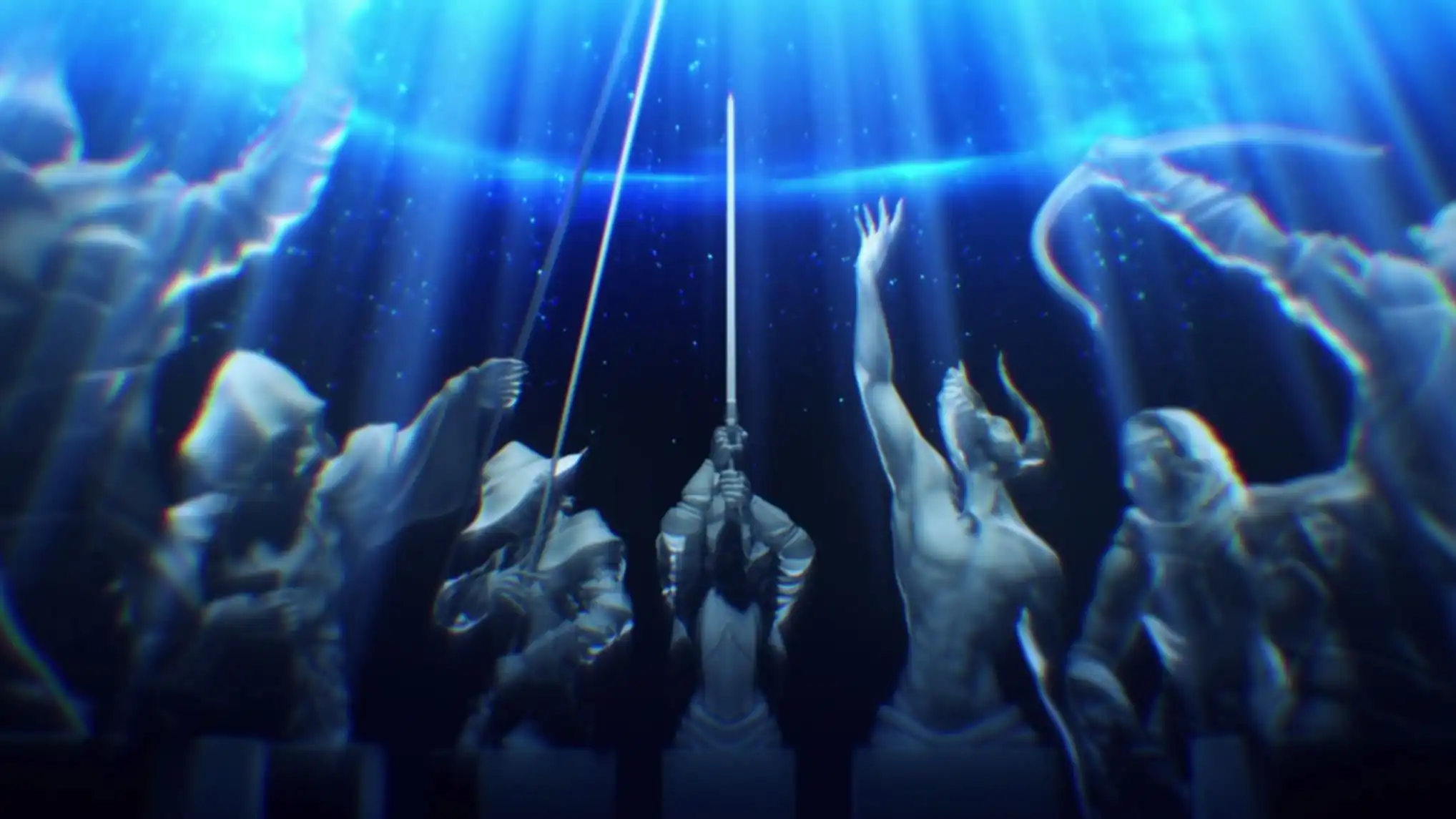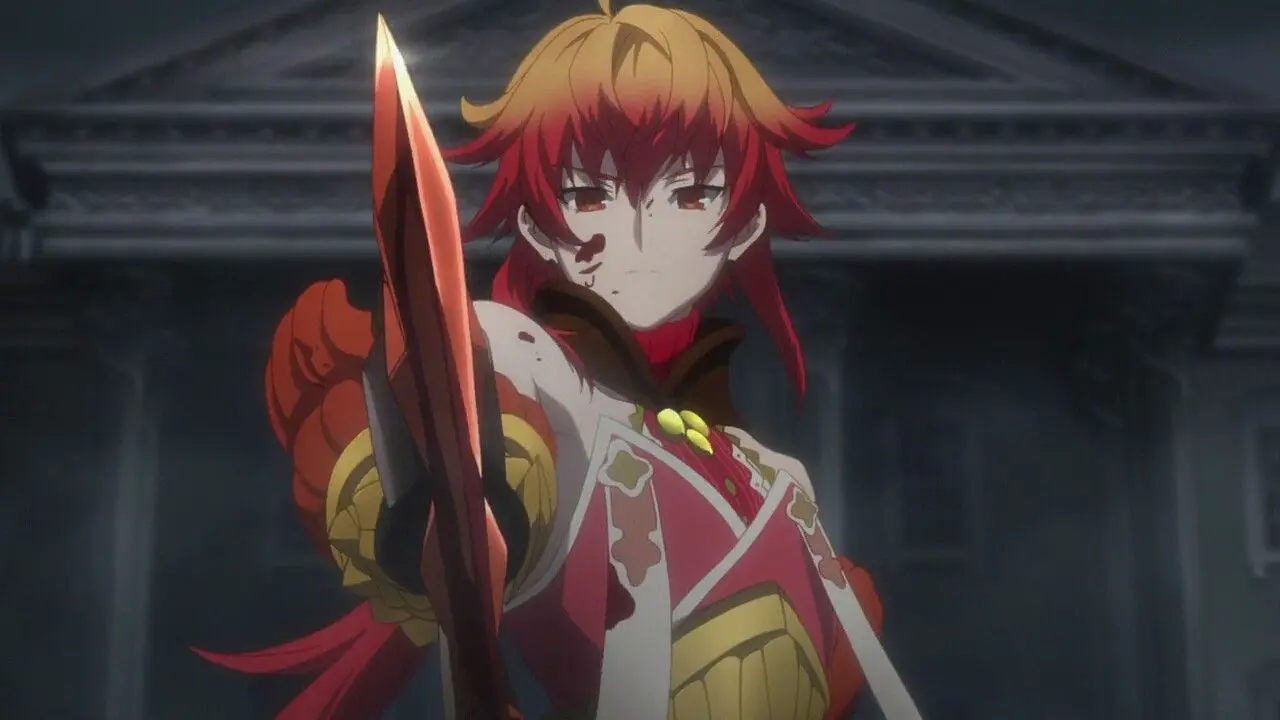Fate Players Shine in History Exams

Do you know Fate? Have you ever wondered what the series is all about? In summary, if you’ve never seen Fate, it usually involves a conflict known as the “Holy Grail War,” where 7 mages summon 7 servants. Now, these pairs (1 mage with their servant) must eliminate the others, and the survivor gains the right to ask the Holy Grail for anything.
And who are the mages? Mages are, as the name suggests, individuals who use magic and act as the “masters” in this war. The summoned servants are “heroic spirits,” potentially being heroes from mythologies such as Hercules, King Arthur, Gilgamesh, etc.
In this way, Fate ends up revealing a lot about the history of historical figures, and it seems that players who spend a lot of time on Fate/Grand Order, the series’ mobile game, had an advantage in a university entrance exam in Japan.
Fate Players Shine in History Exams

The news site Livedoor News published an article showcasing some “impossible-to-answer” history exam questions from Japanese universities, questions that even the authors of history books found surprising.
“Did they really put this question on the exam?” – was the reaction to some questions considered difficult, such as the other name for Shiva, the God of Dance, which is Nataraja. This information is present in history books for students but did not receive prominence because the authors never anticipated it becoming a question in a university entrance exam.

Another type of question that caught many by surprise was “Prince Rama is the protagonist of the Ramayana, what is the name of his wife?” The correct answer is Sita, but this is a question classified as “cruel.”
And what about Fate Grand Order players? One person commented as follows: “Sita appears as an important character in Fate GO,” suggesting that the solution to tricky questions in university exams lies in Fate GO, at least regarding history.
Fate incorporates various characters from different mythologies and stories, placing them in the game with facts from the real history of these mythologies, helping some students answer questions that examiners find difficult.
Let’s see some reactions:
“Fate fans are clearly intellectuals in culture.”
“I didn’t study for one of the entrance exams, but I had the option to write about the Epic of Gilgamesh and passed using only knowledge gained from Fate.”
“In college, I had an assignment to write about a story from the Anglo-Saxon era. Turns out one of the stories from that time is Beowulf, but I couldn’t find anything on the internet about the story. So, instead, I used the game’s narrative and luckily passed.”
“I think this is one of the merits of playing games based on historical facts and understanding them.”
“I remember being on a debate team in high school, and a question about Nero Claudius was asked. I was the only one to answer, thanks to Fate.”
“Although most aspects of Fate are based on real historical/mythological figures and definitely not a reliable source, the franchise encouraged me to study more deeply about topics related to the real-life counterparts of Fate, such as the Boshin War, Medieval Europe, Roman Emperors, Greece/Macedonia, etc.”
“I remember a general knowledge practice test in the last year of high school, with the question about the name of Lancelot’s sword. I felt like the smartest student in school proudly saying ‘Arondight’ while others wrote ‘Excalibur.'”
And you? Do you have a story to share about how Fate helped you in school?
via Livedoor News
Read More on Crazy for Anime Trivia
- We Have an Official Fate Timeline!
- Apparently Fate Go used AI in CM animation
- We have a manga that showcases the prologue of Fate Samurai Remnant



